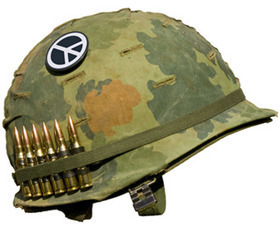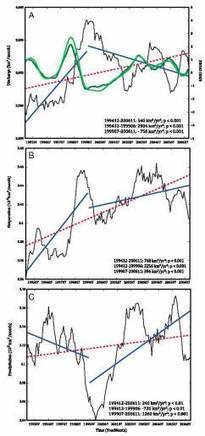Research and publish the best content.
Get Started for FREE
Sign up with Facebook Sign up with X
I don't have a Facebook or a X account
Already have an account: Login

 Your new post is loading... Your new post is loading...
 Your new post is loading... Your new post is loading...
|

Lesley Rodgers's comment,
February 9, 2012 11:52 AM
Excuse my 'lol' but it's always been that way, just done differently! #Media/ Tv
|
































Alexander, the... Greconomist!